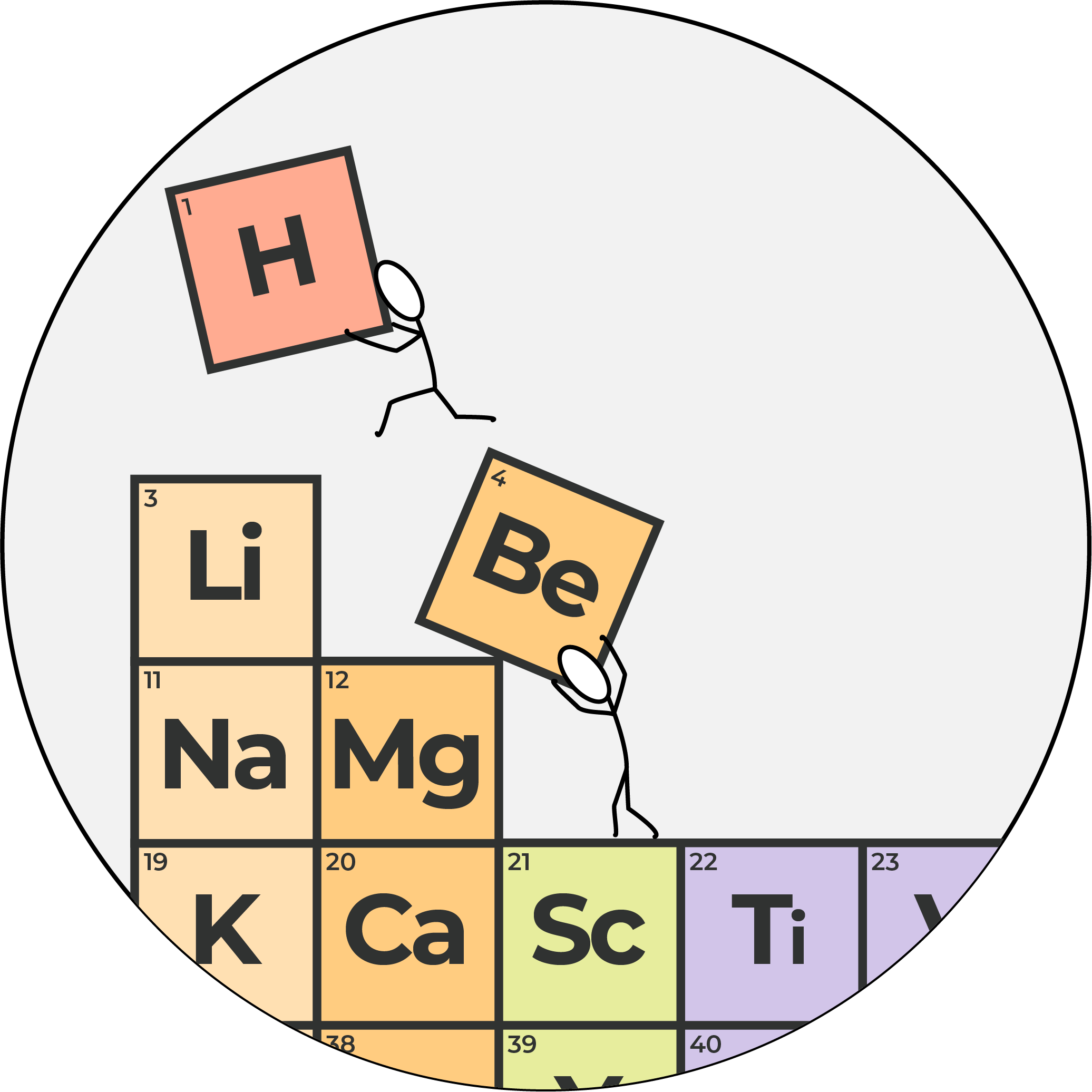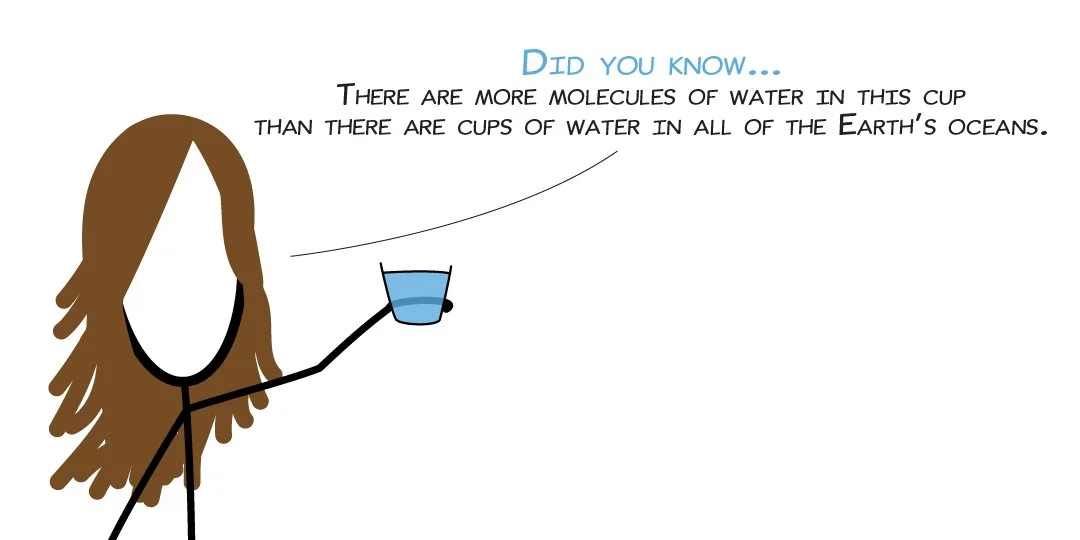The Curiosity Lab Christmas Science Kit is now available for preorder!
We have pulled out all the stops to make sure this Kit is perfect for any future scientists who have made the “Nice List” this year. And since we are doing all the measuring, bottling, label-sticking, packing, and ribbon-tying ourselves, we have a very limited number of Kits available.
Preorder yours here and get the Kit at a special discounted price!
And don’t forget… Early-Bird is still on for our Winter Camp.
Book here using the code WC10 to get an additional 10% off the week!
SCIENCE BEHIND THE WAND
On a blue planet like ours, Aguamenti, the spell to create water, hardly seems needed. That is, until you discover how little of that is accessible fresh water. So in places like the desert we live in, humans have had to be more resourceful. By soaking potato strips in distilled and salt water, we will explore the process of osmosis, the movement of water across a partially permeable membrane, and its counterpart, reverse osmosis, which is how we desalinate the seas to quench our thirst. But if we really want to make water rather than filter it, we need to break it down into its components using electricity. Then, by reacting oxygen with the hydrogen in a balloon, we will create water out of thin air and a whole lot of fire!
MYTH BUSTERS
Is custard explosive? The question may seem silly, but custard factories have been known to explode! Using flint and steel to spark up a fire, we will explore the fire triangle and determine whether custard has what it takes to combust. As we roast marshmallows over our mini campfires and charm a carbon “snake” out from the sugary ashes, it will become all too clear that custard has the energy to ignite. However, for an explosion to occur, things need to get much finer. By grinding this dessert into a powder and dispersing it into our oxygen-rich atmosphere, we will blow the lids off paint cans and send sweet, fiery whooshes into the air.
PERIODIC PIONEERS
Not all Transition Metals are created equal. Some resist change so irresolutely that we covet them. We make our jewellery from them. The alchemists of the past spent their lives trying to magic them up from lesser ingredients (a task we succeed at by turning a flask pure silver!). The precious metals may be prized, but the others have a trick up their sleeves. They readily produce salts, salts which do more than flavour our food. By sprinkling a dash of these more exotic salts into a flame, we will make it burn with every colour of the rainbow.





